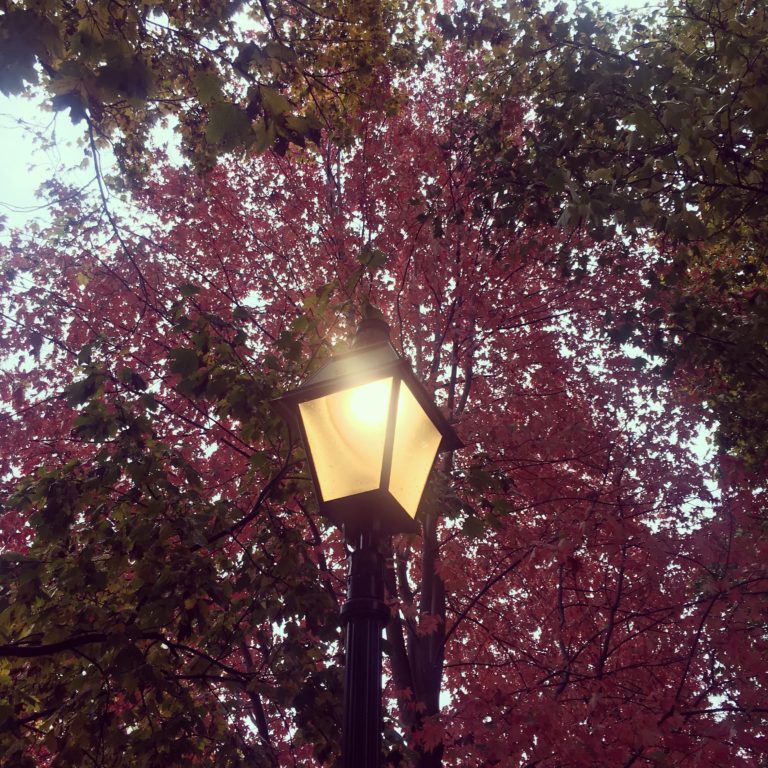I didn’t write yesterday because it was my birthday. I turned sixty-two.
If my father were still alive, he would have told me I was beginning my sixty-third year. I like both marking the accomplishment—and turning sixty-two is an accomplishment—and seeing it also as a beginning so something new, even as I acknowledge that there are fewer years ahead of me than are behind me. I’m not in any hurry to leave, but I have no desire to live to be one hundred and twenty-four.
Birthdays at our house are days of discovery, at least for the celebrant. All I ever know is Ginger has things planned for the day and I am expected to participate. Since we have celebrated close to thirty of my birthdays together, I trust her.
The day started with a lie. She came in as I was getting dressed to say plans had changed. She and forgotten that Rachel had an early doctor appointment and she had just dropped her off, so we had an hour to grab breakfast at Sunnyside Up, our favorite breakfast spot in town. We got over there to find Rachel and a circle of friends waiting for me, along with a stack of pancakes with a candle on top.
After breakfast, she drove me to Madison, the next town east of us, lead me to the Susan Powell Art Gallery, who was having a holiday art show. “I just thought you needed some time to look at beauty,” Ginger said. I did, I found out.
A half hour or so later found us back on the road, this time to Branford, which is west of Guilford. She meandered around to make sure I was confused and then ended up at Beach Donuts, who have the best Boston Creme donut there is—my preference for a birthday cake. When I got my donut, Ginger said, “Save that for later. Where we are going next, you are going to want to eat.”
And then we drove. We went across New Haven, on to Ella T. Grasso Boulevard (perhaps my favorite street name), and then along the Naugatuck River until we got to Ansonia, Connecticut, an old manufacturing town. We parked and started walking. When we passed Warszawa, a Polish restaurant, Ginger asked if I had ever eaten in one. When I said know, she suggested we picked something up on the way back. (We did—perogies.) Our destination was Crave, an incredible Latin fusion restaurant. Our friend Jeanette joined us. We had all kinds of good things: grilled pulpo (octopus) with chorizo and potatoes, yucca croquettas, chicken croquettas, grits con queso with pulled pork, dates stuffed with goat cheese and wrapped in bacon, fried brussels sprouts—you get the idea. Birthday or not, we will be driving back to Ansonia.
We drove back to Branford in time for the early evening showing of Bohemian Rhapsody, the movie about the band Queen. A big part of the story was about Freddie Mercury’s incredible talent and confidence juxtaposed against his profound sense of feeling like an outsider who wanted to belong. So many of the songs brought back faces that had nothing to do with the movie. I saw kids from my youth group in Fort Worth and camps across a couple of decades. I remembered our friends Brent and Sarah’s wedding where “We Are the Champions” was the recessional. As I watched Freddie sing for his life, I was mindful of the scores of people in my life who remind me that I belong. I am deeply grateful.
This morning I searched for “things to do at 62” and learned I am at an age that unlocks several benefits from early Social Security to hotel discounts to cheap lifetime passes to our national parks. But the biggest benefit is a sixty-two years of connections. I have not maintained them all, but I feel incredibly rich for all those ties that I can feel in my life. Reading through my Facebook feed was like an archeological dig of my life, all of the layers of my life in front of me at once.
I realize this post is somewhat self-indulgent and I hope that there is more here than my reliving a wonderful day. My last post was about connections. I have more of those to come, some of which come out of my birthday messages. I feel incredibly fortunate to feel both known and loved.
I went to New York today for work, as I do one day a week. For about the last two years, I have gone into the same Dunkin’ Donuts on Madison Avenue because I wanted to feel like I had a place in the big city. After about a month, the young woman behind the counter looked up and saw me about four people deep in line. She smiled and when I got to the front she already had my coffee poured. We have played that same scene almost every week since. When I get to Grand Central in the afternoons, I usually walk into the market there to unwind before I get on my train. There is a woman at the seafood stand that offers samples. I usually try them, unless its something I am allergic to. She and I recognize each other and enjoy talking. I do not know her name, nor she mine. Today, she was serving shrimp, so I said, “I’m allergic to the samples, but I mostly came by to wish you a happy holiday.” She put down the food and hugged me.
“Oh, merry and happy and everything,” she said. I smiled and went on to my track.
Sam Wells says the most important word in the Bible is with. I think he’s on to something. Being with you certainly makes this life worth living as I start my sixty-third year.
Merry and happy and everything.
Peace,
Milton









